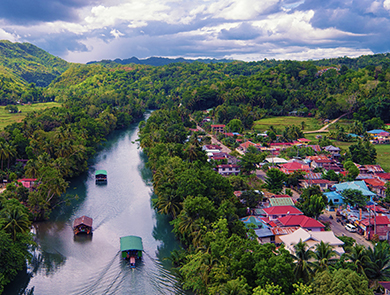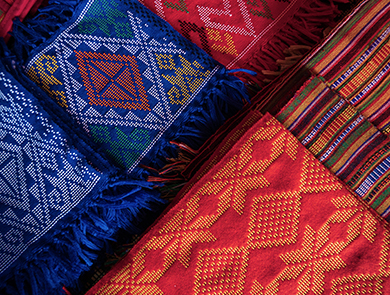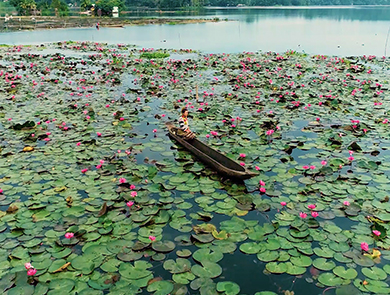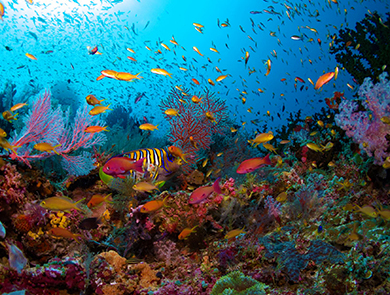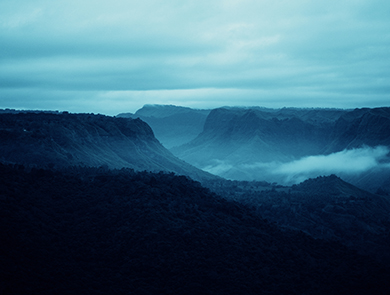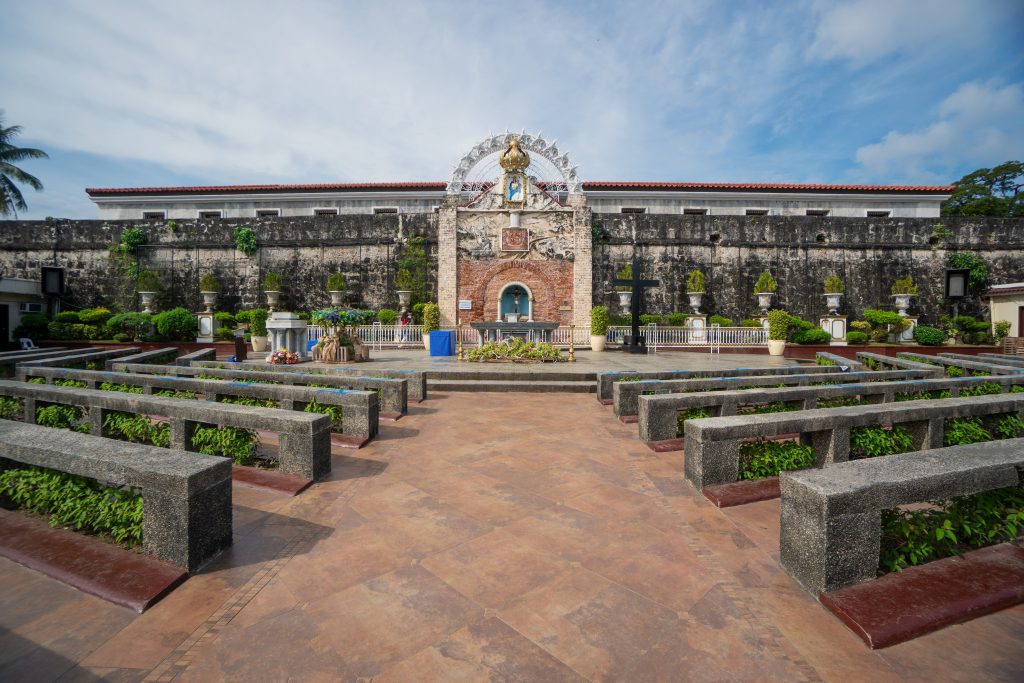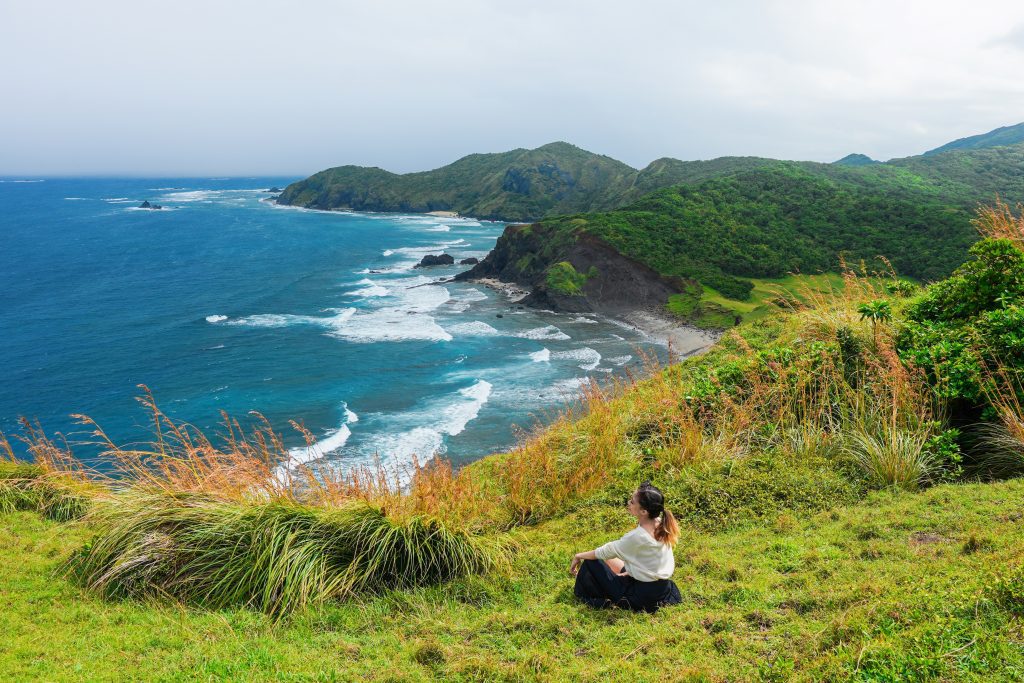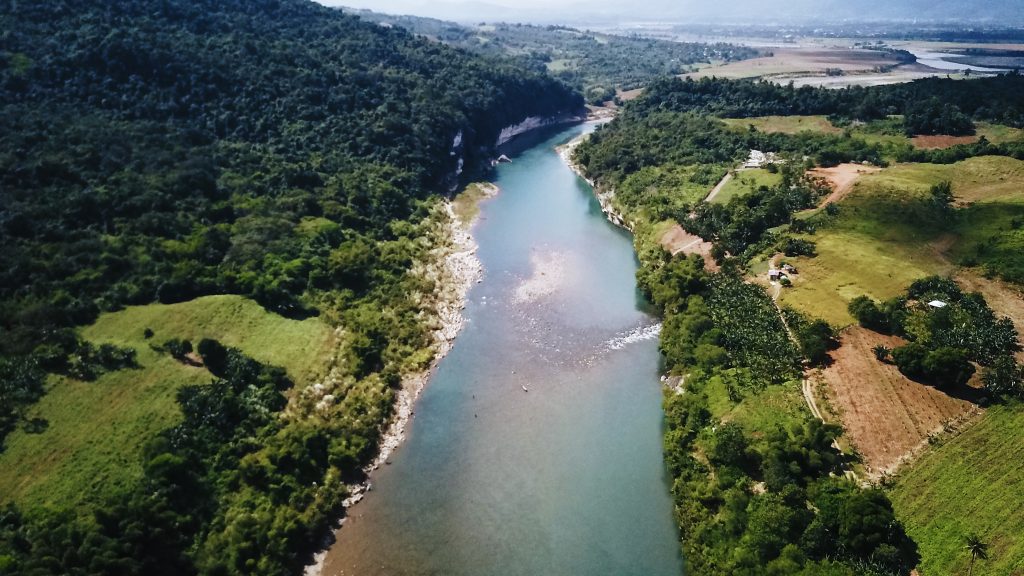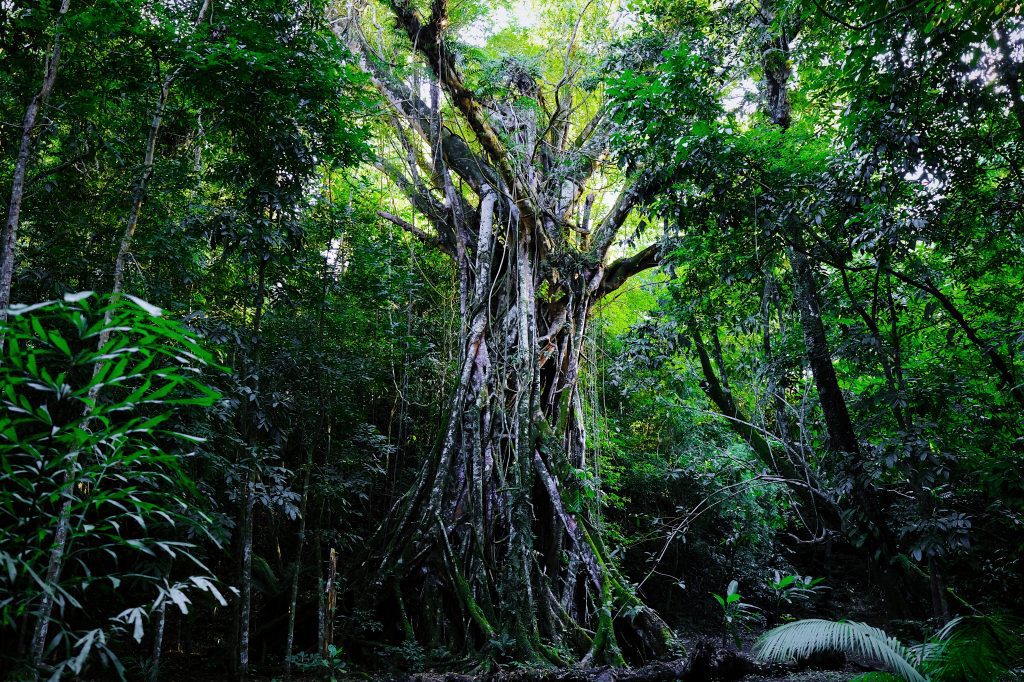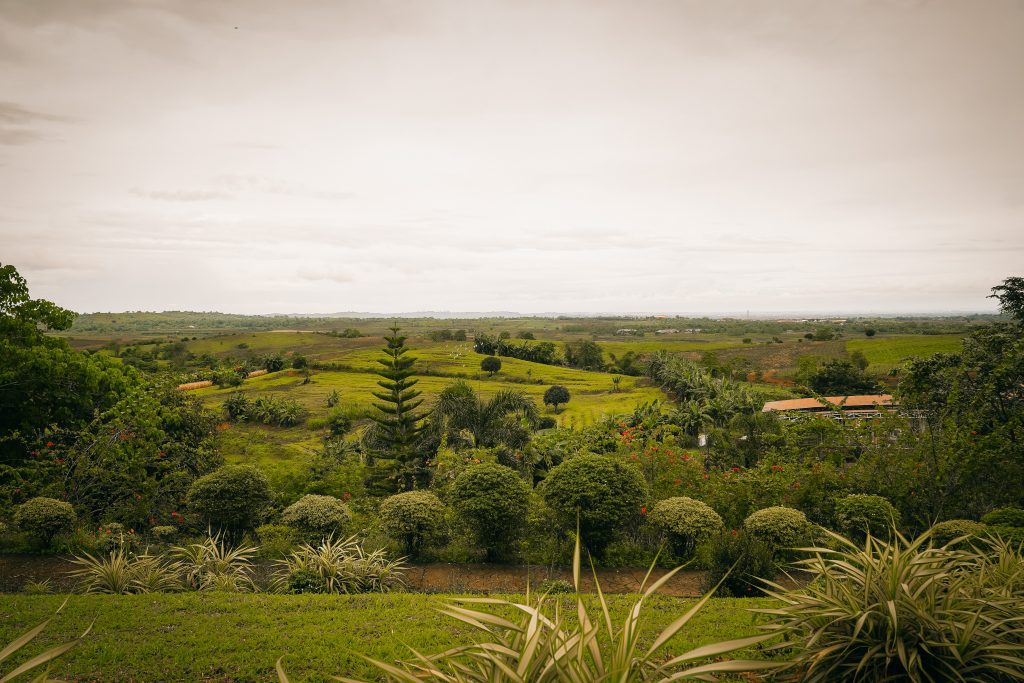Just like its flavors, coffee in the Philippines has a rich culture and history. It was introduced to the country in the 18th century and has since had a gamut of varieties.
With its diverse topography, climate, and soil conditions, the Philippines is among the few countries that produce four varieties in particular Arabica, Excelsa, Liberica, and Robusta.
At present, Filipino entrepreneurs are strengthening their support toward local coffee beans, communities, and farmers.
Batangas

According to the National Coffee Development Board, the first coffee tree in the Philippines was introduced in 1740 by a Spanish Franciscan monk. That was in the town of Lipa in Batangas, once regarded as the “coffee capital of the Philippines.”
The province is famous for its rare Coffea Liberica, locally known as kapeng Barako. Aptly named after the Filipino term for “male stud,” which signified strength, Barako has a powerful taste and a distinctive aroma.
Some say that the first coffee seedlings in the country were planted by the Macasaet clan. The family continues to grow and brew coffee and has passed down the legacy to Jose Mercado, who built a café that not only uses kapeng Barako but champions it.
For a good kapeng Barako, Café de Lipa in San Carlos Drive, Mataas na Lupa, Lipa, Batangas is the place to be. The shop by Jose serves specialty brews and other blends from premium homegrown brands sourced from coffee farmers from all over the country. Pastries and coffee packs are also offered. Customers should try the signature coffee, Barako Joe.
Café de Lipa has branches in Taguig, Quezon City, and several in Batangas. Reach the origins branch through (+6343 756 1716).
Baguio
Further north, the chilly mountains of Benguet have the best climate to sip on a hot comforting cup of joe. Its upland climate and fertile soil make it a top producer of premier Arabica coffee in the Philippines.
Locals take pride in their farming methods that are all organic. Benguet coffee was once deemed as the best Arabica by the national coffee conference.

At the southern outskirts of Baguio is Café in the Sky, a must-visit coffee house in the city of pines. Nestled on one of Benguet’s highest peaks in Mt. Sto. Tomas in Tuba, the rustic lodge presents a stunning panoramic view of the Summer Capital of the Philippines.
Traveling to the elusive café is tricky but worth all the trouble with the rolling hills and extra-wide skyline backdrop that make the coffee-drinking experience unique.
Before passing by Café in the Sky check with them first via phone (+63 906 037 6002), as the establishment is sometimes closed.
Sagada
Also in the Cordilleras is the Arabica capital of the Philippines, Sagada. Coffee from this municipality is characterized by bittersweet flavors, floral overtones and nutty notes.
Little known fact, cultivating and harvesting Sagada coffee was traditionally a women’s activity that usually involves the entire community.

This single-origin coffee is considered rare even in local markets because there have never been any large-scale plantations in the mountain destination until recently. Increasing government initiatives have boosted Arabica production in recent years.
There is a municipal ordinance requiring every household to plant at least five Sagada coffee trees. A marriage license is only granted by the local Sagada government when couples plant the same number of trees.

A community-based Kankanaey coffee store by Gawani in Ambasing, Sagada, is Gaia Café. It is the famed café seen in the 2014 romance-comedy film That Thing Called Tadhana.
The tree-house-inspired coffee joint is nestled on a cliff with a 270-degree view of the valley on the way to Sumaguing Cave. Its name is Greek for “Mother Earth” as they only serve organic, community-sourced ingredients from around the locale. Apart from coffee, vegetarian fare is also served here. Contact them via (+63 949 137 6777) or (+63 915 727 6831).
Buscalan
Tourists take to the uplands of Kalinga to get inked with the traditional Batok tattoo and meet the last mambabatok, Filipino artist Apo Whang-Od.

Those visiting Butbut village in Buscalan, Tinglayan should take the opportunity to have authentic Kalinga coffee. The Kalinga brew is purely made of Robusta beans. It stands out from other coffee variants with its woody or oaky aroma and strong taste.
The locals swear by one preparation method, which is boiling the coffee grounds in water with brown sugar. There are no accommodations in the secluded area except for homestays with the locals. Hosts normally offer Kalinga coffee to guests.

Those simply passing through may easily find several cafés in Tabuk City like Kalinga Brew at #69 Arellano Ave, Tabuk (+63 916 489 1994).
La Union
The neighbor of Baguio, La Union, is home to the famous El Union Coffee. The store is located at The Great Northwest Travel Stop & Viewing Deck, MacArthur National Highway, in San Juan.

It is co-owned by Kiddo and Amy Cosio and has been serving specialty coffee in the surfing capital of Luzon’s west coast since 2013.
Manileños, surf nomads, and coffee lovers frequent the café for its super-smooth Nitro Cold Brew on draft and its signature Dirty Horchata, a rice milk-based drink with a shot of espresso. Products are sourced from the Cordilleras, Benguet, Mt. Apo, Cagayan De Oro, and Bukidnon Gloria Estate in Mindanao.
New on the menu is the Bagulin Forest Fine Robusta, said to grow in the midlands between the La Union coast and its border with the Cordillera mountains. This is the brand’s first-ever La Union grown and roasted offering that was recently launched in 2021.

The coffee is produced by the Baguionas Farmers Association in Bagulin, which is their entry point into the Fine Robusta specialty coffee market alongside El Union Coffee.
In the Amihan season, harvesters hike and forage the mountains of La Union for ripe Robusta cherries.
These beans are processed to precise standards, achieving a crop that is clean, clear, and refined, while staying true to the depth and body Robusta is known for. El Union’s latest innovation furthers the local coffee industry to its former glory. Get in touch with the café via (+63 945 483 4825).
Travel safely!
All tourist destinations in Luzon have health and safety protocols in place to protect locals and visitors alike. Everyone is expected to comply by wearing face masks and face shields, regularly washing their hands and practicing physical distancing.
To check out up-to-date information regarding local destinations that are open and the safety protocols and requirements needed for each location, you may visit www.philippines.travel/safetrip or download the Travel Philippines app at app.philippines.travel or the Google Playstore.




